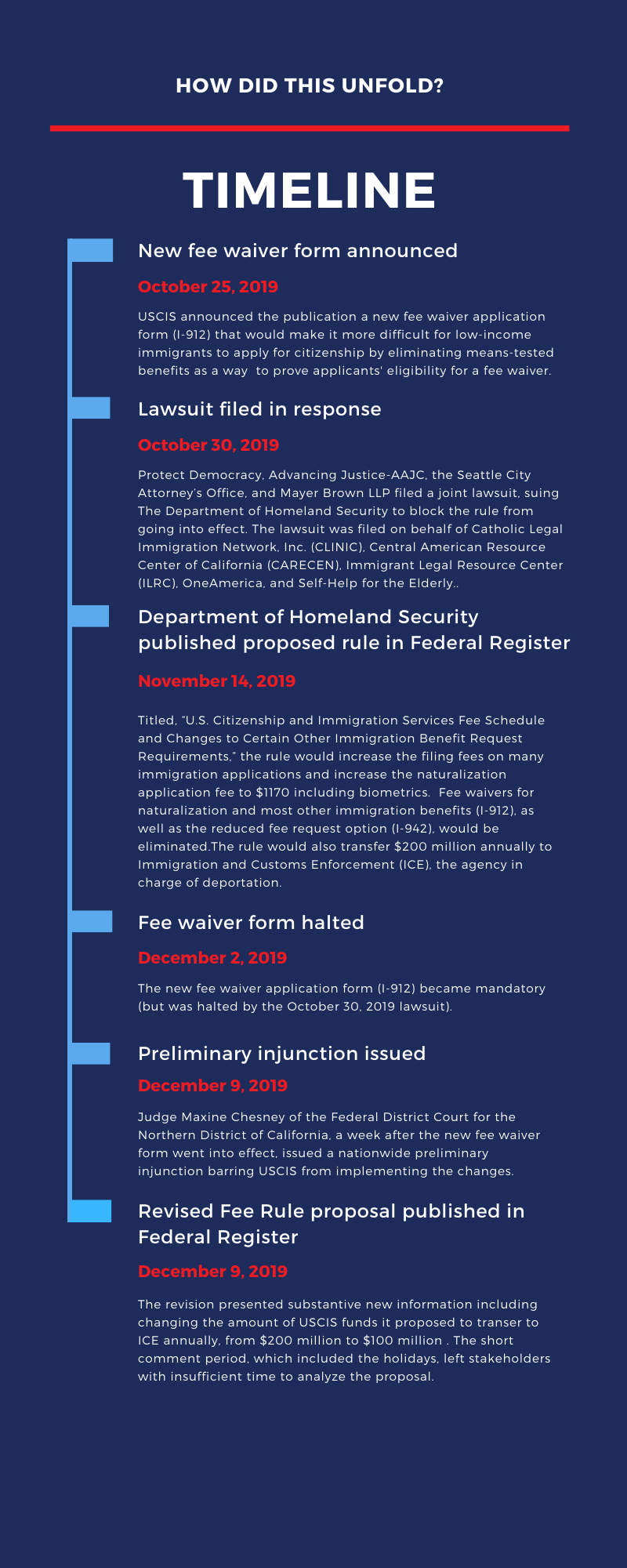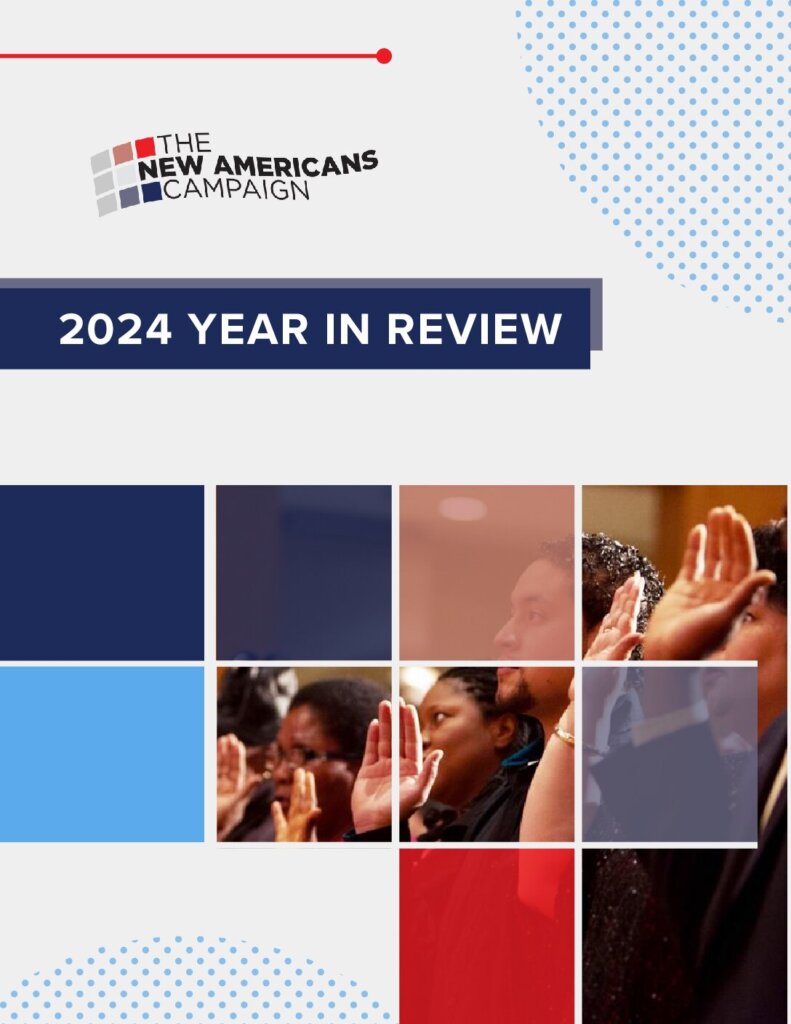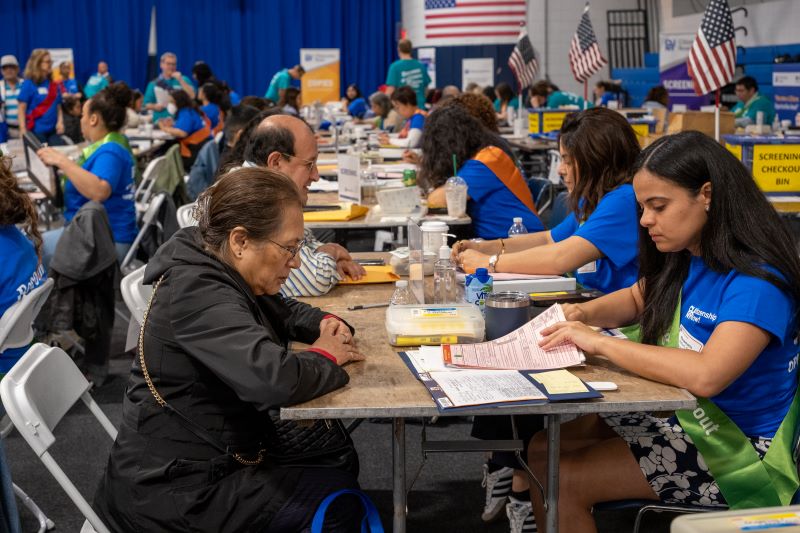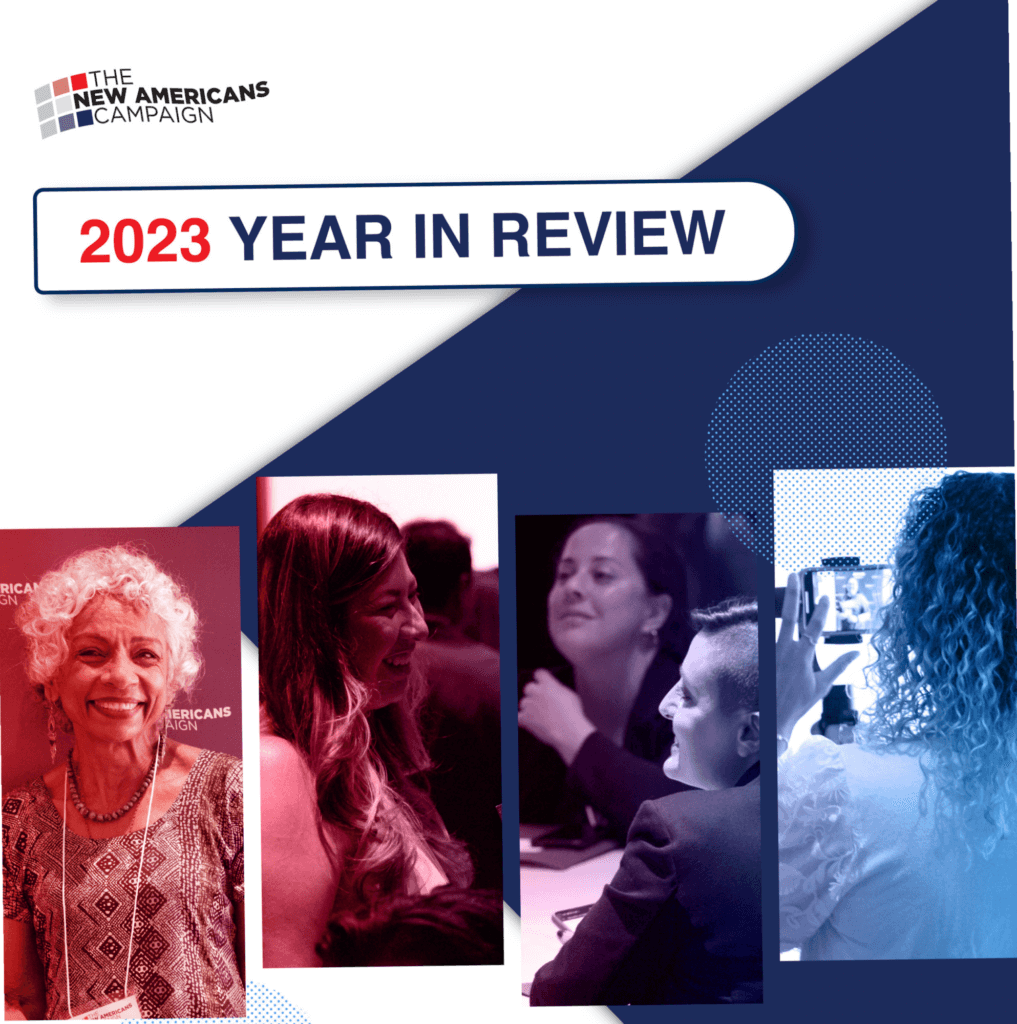New U.S. Citizenship Fee Rules Explained

Explore More
What’s up with the fees to apply for U.S. citizenship? Has the government
changed the rules?
The rules about how much it costs to apply for naturalization, and how to apply
for a fee waiver, are in flux. The Fee Rule changes are currently under review
by USCIS and more than 43,000 comments were submitted in response. While
an ongoing legal campaign will continue to try to prevent the proposed rule
changes, here’s what’s important to know in February 2020.
If the naturalization fee rules are in flux, what should a lawful
permanent resident do right now?
Immigration advocates are currently advising permanent residents, who are eligible to apply for citizenship, to confirm their eligibility with an authorized legal services provider and start the naturalization process without delay. For now, applicants who also qualify to apply for a fee waiver can use any version of the fee waiver form, including the one that is on the USCIS website.
What is happening with fee waivers and the proposed USCIS Fee
Rule?
Currently there are three distinct efforts to reduce access to fee waivers and to make
naturalization more expensive, all of which would create new obstacles to becoming a
U.S. citizen, to the detriment of our nation. Taken together, these policy shifts would
diminish the opportunities for lower income immigrants, essentially “pricing out” many
individuals and families who want a chance to enter our immigration system and pursue
a life in the United States.
1) In 2018 the United States Citizenship and Immigration Services (USCIS) proposed making it harder for immigrants to qualify for a fee waiver. The change was made final in October 2019 and went into effect on December 2, 2019. On October 30, 2019, New Americans Campaign partners and others (listed in the timeline below) sued the administration and ten days later a federal district court judge agreed that it was likely the plaintiffs could show that the USCIS failed to properly engage in the required notice-and-comment rulemaking. The judge issued a preliminary injunction stopping the fee waiver changes from going into effect. As of right now, the case is “stayed,” meaning it is paused until the completion of the rulemaking process for the USCIS Fee Rule. The preliminary injunction remains in effect.
2) In November 2019, with brief extensions to submit comments in December 2019 and January 2020, USCIS announced an intent to increase most of the immigration and naturalization fees and to change its policies on fees. For naturalization, USCIS is proposing to increase total costs from $725 to $1170. The fee is seven times larger than it would have been if, over the past 25 years, it had increased at the rate of inflation.
3) In the Fee Rule, USCIS also proposed to eliminate fee waivers for many
applications, such as the N-400 naturalization form. Not only would fee
waivers for naturalization be gone, the reduced fee option would be eliminated
as well. For a very limited set of immigration applications, primarily for victims
of violence and crimes, fee waivers would still be available but would be much
more difficult to get: under the proposed Fee Rule USCIS would make even
harsher changes to the eligibility criteria for the fee waiver, and to its application
form, than the ones the agency had finalized in October 2019.
Why would the USCIS want to hamper the immigration and
naturalization process in this way?
The administration has been attacking the immigration and naturalization
system in an effort to limit immigration, asylum, and naturalization. Making the
process for immigration, asylum, and naturalization significantly more expensive
will disproportionately impact communities of color, and immigrants and families
with fewer financial resources.
Is this connected to “public charge”?
The issues are connected because both target lower-income immigrants and
communities of color. The public charge rule effective on February 24, 2020
also considers the use of fee waivers to be a negative factor. The administration
has also inserted public charge concepts into the proposed Fee Rule, for example
preventing immigrants who are subject to an affidavit of support from qualifying
for a fee waiver. But the public charge rule is separate from the fee changes.
If the fees go up and fee waivers for naturalization are
eliminated, what recourse will our NAC partners and their clients have?
An ongoing legal and advocacy campaign will continue to try to prevent the proposed changes from going into effect and partners and communities can speak out in support of these advocacy efforts. Legislative proposals might also be able to undo the administrative changes. Our New Americans Campaign partners will continue to work with financial tools, as well as with local and state government to help all eligible permanent residents find affordable ways to apply.
How did this unfold?
Please click here for a downloadable PDF version of the timeline.
Links to comments
- Mayors and County Executives (including New York, Seattle, and others)
- Members of Congress
- AILA and the American Immigration Council
- Asian Americans Advancing Justice | AAJC
- ASISTA
- Boundless Immigration
- Catholic Legal Immigration Network, Inc. (CLINIC)
- Immigrant Legal Resource Center
- International Rescue Committee
- National Immigration Forum
- National Partnership for New Americans
- Naturalization Working Group
- UnidosUS



